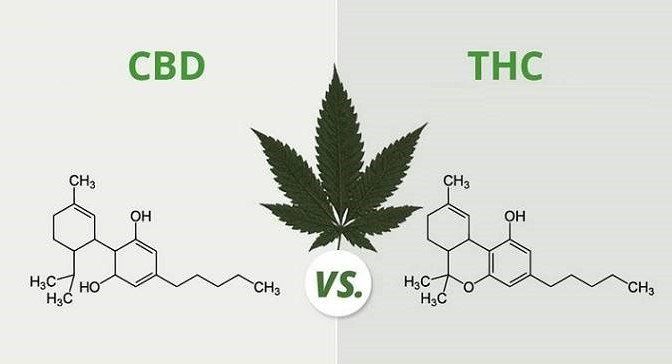For those who live active lives—whether through running, biking, training, or long days on the water—maintaining internal balance can make the difference between feeling strong or completely worn down. This delicate balance, known as homeostasis, is the body’s way of keeping internal systems stable amid external changes. From temperature regulation to stress responses and energy levels, homeostasis is what allows humans to function optimally even under pressure. In recent years, CBD (cannabidiol) has gained recognition for its potential to support homeostasis naturally, making it increasingly popular among athletes and those living active lifestyles.
Understanding Homeostasis and the Endocannabinoid System
Homeostasis is essentially the body’s internal equilibrium—the process of keeping everything from blood sugar to mood and immune function within a healthy range. The body’s endocannabinoid system (ECS) plays a central role in regulating this equilibrium. Composed of cannabinoid receptors (CB1 and CB2), endocannabinoids produced by the body, and enzymes that break them down, the ECS acts like a communication network helping other systems—nervous, immune, and endocrine—stay balanced.
When external factors such as stress, poor diet, or overtraining disrupt this balance, the ECS works to restore stability. However, under heavy physical or emotional strain, the system may need additional support. That’s where CBD, a plant-based cannabinoid derived from hemp, may help enhance the ECS’s natural function.
How CBD Supports Active Bodies
CBD doesn’t bind directly to cannabinoid receptors like THC does, but it influences the ECS indirectly by helping maintain higher levels of the body’s own endocannabinoids. For active individuals, this can translate into several potential benefits:
- Reduced inflammation: Physical activity can cause micro-tears in muscles and joints, leading to inflammation. CBD’s anti-inflammatory properties may help support faster recovery and reduced discomfort.
- Improved sleep quality: Deep sleep is when the body repairs and rebuilds. By influencing serotonin receptors and promoting relaxation, CBD may help improve sleep cycles, essential for recovery and endurance.
- Stress regulation: Mental stress impacts athletic performance as much as physical strain. CBD has been shown to support cortisol balance, helping the body manage stress more efficiently.
- Pain modulation: Through its interaction with the ECS and pain-signaling pathways, CBD may support the body’s natural pain-relief mechanisms, especially after intense activity.
Balancing Energy and Focus
Athletes and busy professionals alike often look for ways to sustain focus and energy without stimulants that lead to crashes. CBD may assist in maintaining calm alertness by modulating neurotransmitter function. This can help prevent overstimulation from caffeine-heavy pre-workouts or energy drinks while keeping the mind clear and balanced throughout long workouts or demanding workdays.
Integrating CBD into an Active Routine
CBD can be integrated into a wellness regimen in multiple ways, depending on an individual’s needs and activity level. Tinctures offer fast absorption for general balance, while capsules or edibles provide consistent daily dosing. Topical balms and roll-ons are useful for localized soreness, especially after workouts. For those constantly on the move, CBD beverages can hydrate and restore balance while supporting muscle recovery.
When adding CBD to an active routine, quality is critical. Look for third-party lab-tested products made from U.S.-grown hemp with transparent cannabinoid profiles and no artificial additives.
A Balanced Approach to Wellness
At its core, wellness is about balance—between work and rest, intensity and recovery, focus and calm. CBD offers a natural approach to supporting that balance by promoting homeostasis within the body’s complex systems. For active individuals seeking consistent performance and recovery, CBD may help the body maintain the steady rhythm it needs to perform—and thrive—day after day.

